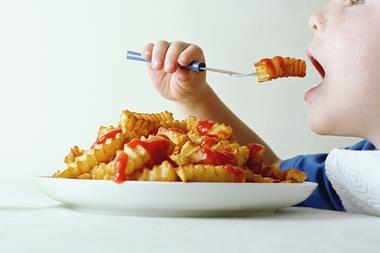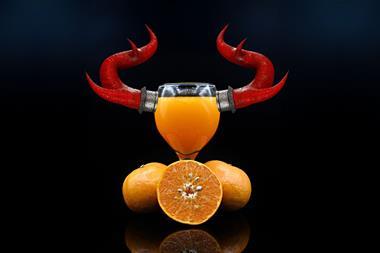A major new study from the University of Leeds has revealed a troubling reality in UK supermarket baby aisles: many babyfood products are ultra-processed. This is not just a nutritional concern, it’s a public health emergency.
The research, which analysed over 600 products, found a whopping 87% of baby snacks and 79% of baby cereals are ultra-processed foods (UPFs), created using industrial techniques and additives that bear little resemblance to home-style cooking. Even more worrying, these products are heavily marketed as safe, nutritious, and appropriate for infants during critical stages of growth and development.
Among the 133 UPF baby snack products analysed, the findings are hard to ignore:
- “Melty” puffed snacks are virtually devoid of nutritional value.
- Cakes, biscuits, and snack bars average 21% of calories from sugar, nearly double that of a digestive biscuit.
- Fruit-based chewy bars and gums deliver a shocking 67% of calories from sugar.
The most concerning part is that these items are often wrapped in attractive packaging that implies wholesomeness, with phrases like “no added sugar”, “natural ingredients”, or “ideal for self-feeding” – marketing that borders on deceptive.
Systemic failure
But let’s be clear: this isn’t about parental choices, it’s about systemic failure. Retailers and manufacturers are creating environments where highly processed foods are not just available but dominant in a space where nutrition should be non-negotiable. If we wouldn’t accept dangerous design in baby car seats or unsafe materials in toys, why are we tolerating it in food, the fuel for early brain and body development?
And it’s not just about sugar or deceptive labelling – ultra-processed foods are engineered for shelf life, taste, and convenience, often at the cost of real nutrition.
Early exposure to highly processed products that are devoid of simple natural flavours and textures are likely to disrupt taste development. The sophisticated snacks market encourages constant snacking and lays the groundwork for a lifetime of unhealthy eating habits.
The risks – which include obesity, Type 2 diabetes, heart disease, and tooth decay – are not theoretical. They are already shaping the future of our children’s health. In fact, one in five children in the UK start school overweight and the same proportion already have tooth decay, a picture that depressingly worsens with increasing age.
The government’s new 10-year health plan talks of bold ambition to tackle obesity. But unless we start in the baby aisle, we won’t even make it off the launchpad, which is why the University of Leeds team is calling on government to:
- Ban added sugars and limit industrial additives in babyfood.
- Introduce age-related restrictions on processed pouches and snacks.
- Mandate transparent labelling that reflects true nutritional value.
But government action alone isn’t enough. Retailers and manufacturers have a responsibility too. Reformulate your products, invest in innovation that prioritises real nutrition, and above all, be honest with your customers. Parents deserve better. Babies deserve better. It’s time we clean up the baby aisle for good.
Diane Threapleton, senior research fellow in nutrition at the University of Leeds



















No comments yet